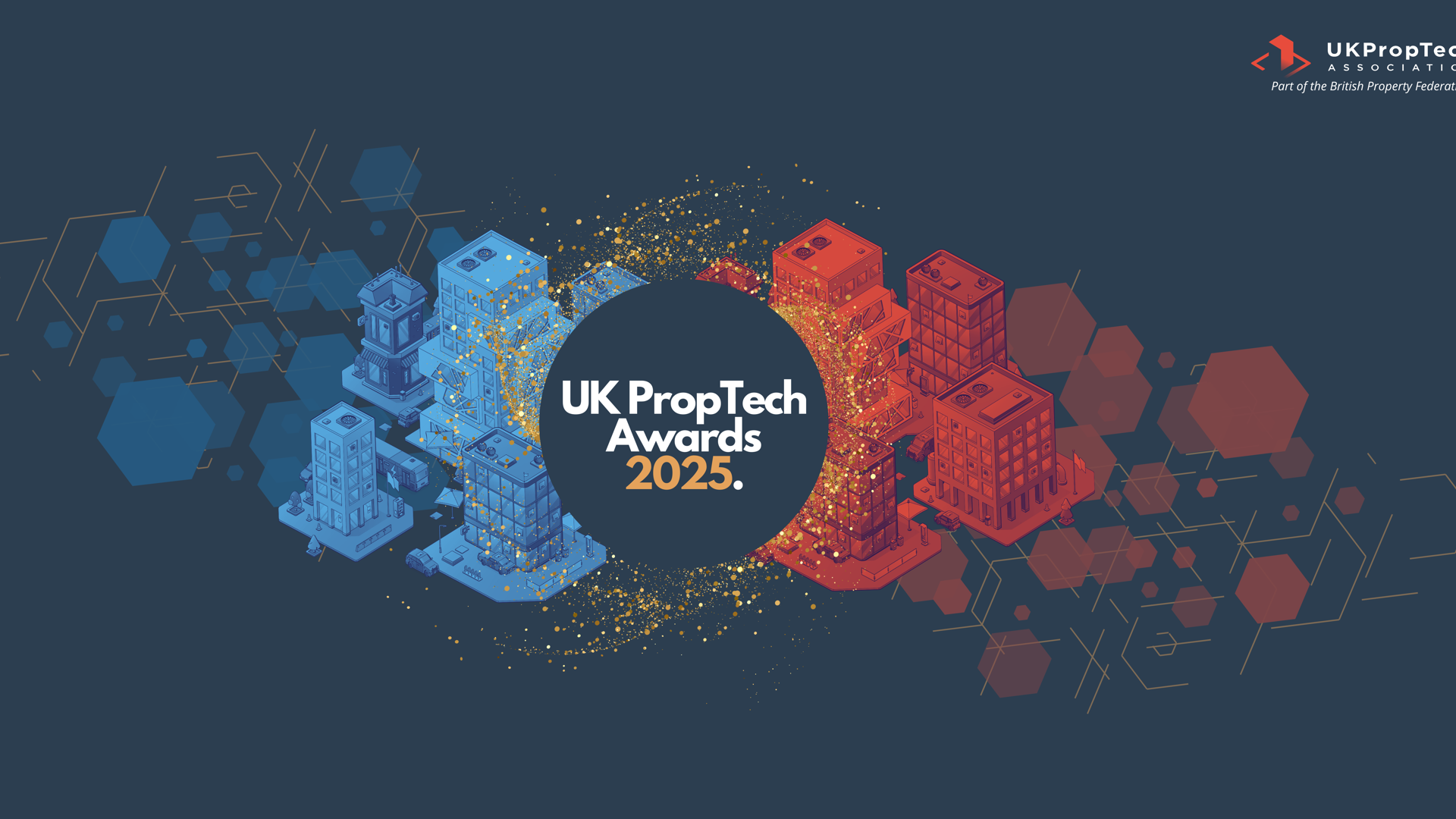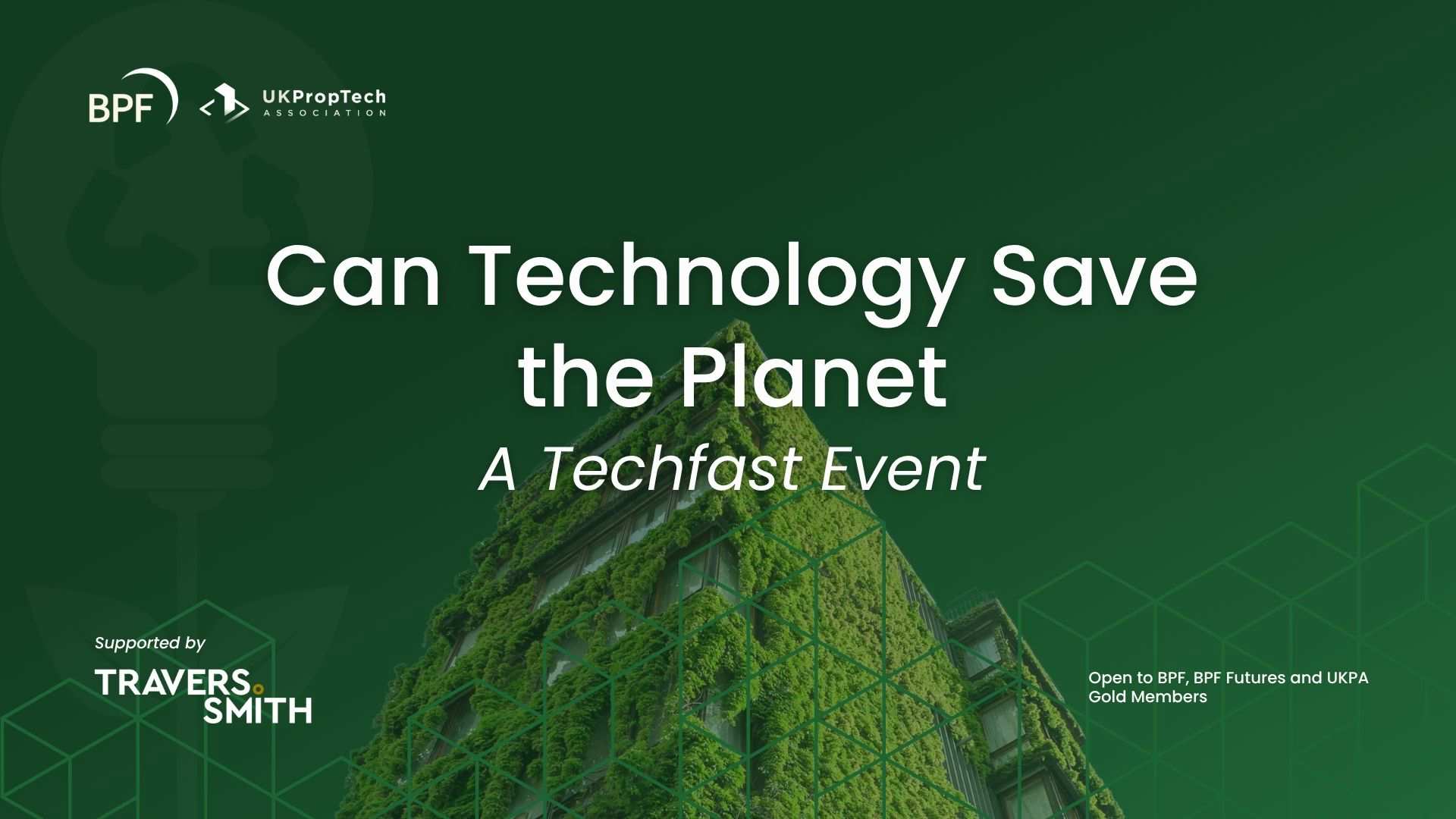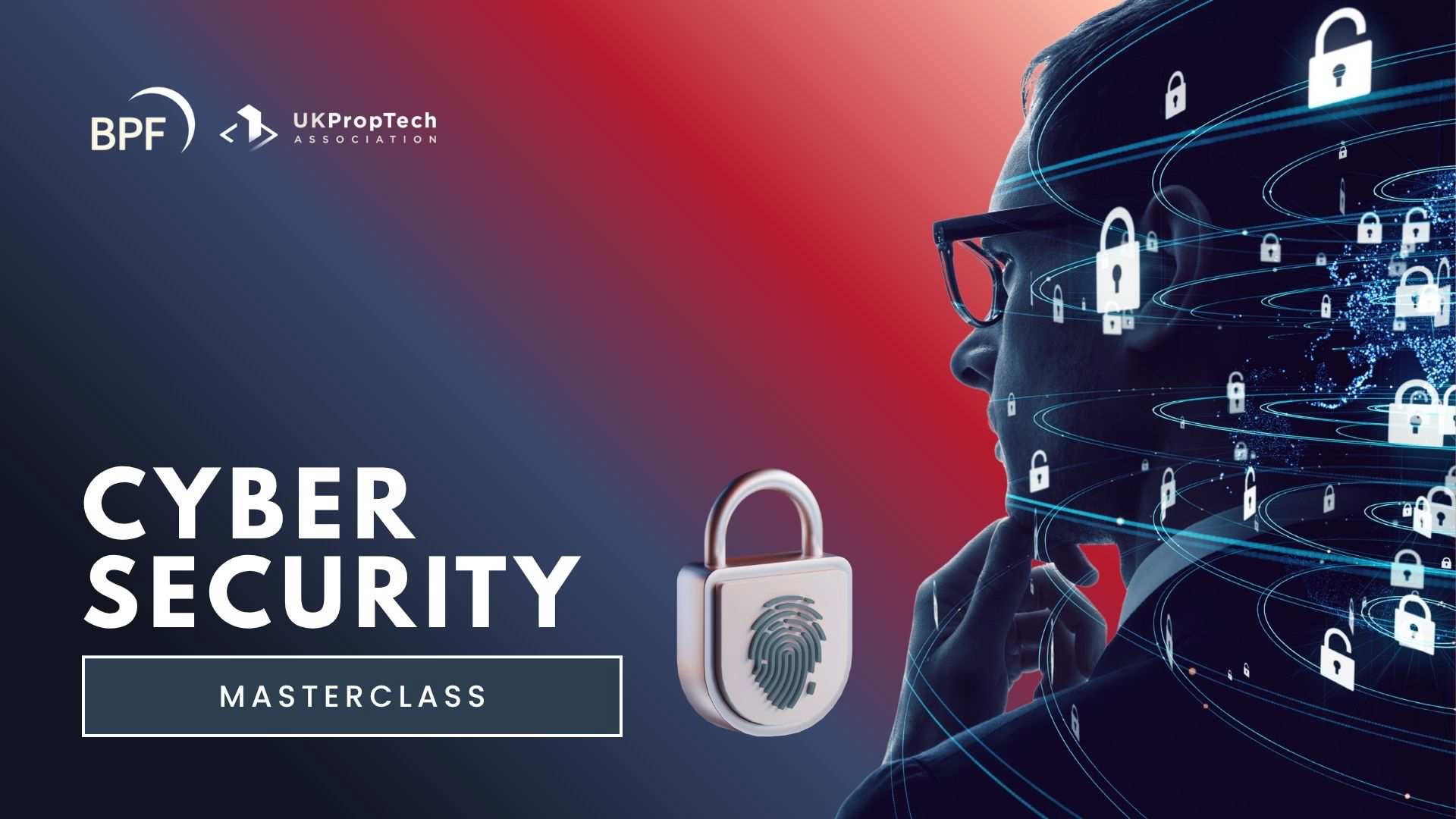The UK PropTech Association is a not-for-profit membership organisation set up in 2018.
Since 2023 UKPA have been merged with the British Property Federation and form part of the BPF Group alongside Scottish Property Federation and BPF Futures. Our aim is to drive digital transformation in the property industry by promoting engagement between PropTech and Property businesses, and creating an environment conducive for PropTech innovation.
Who can join?
We offer different memberships based on whether you wish to join as an individual or a company.
Tech & Innovation Programme
The Tech & Innovation programme is a joint programme we run with the BPF, designed to facilitate engagement between UKPA and BPF members. The events under this programme aim to provide members with a deeper understanding of the ever evolving technology landscape and enable property businesses with the insights and knowledge to identify relevant solutions and reap the value for their businesses
Attend an event Upcoming events
Our upcoming events are part of the UKPA programmes as well as the BPF/SPF and BPF Futures programmes. BPF/SPF and BPF Futures events are only available to Gold Members.
Resources
Stay up to date with the latest from the UKPA & our community. Explore interviews, educational resources, thought leadership and more...
Take a look at what we get up to on LinkedIn...
Find our latest social posts below. Not following us yet? Follow us here!














